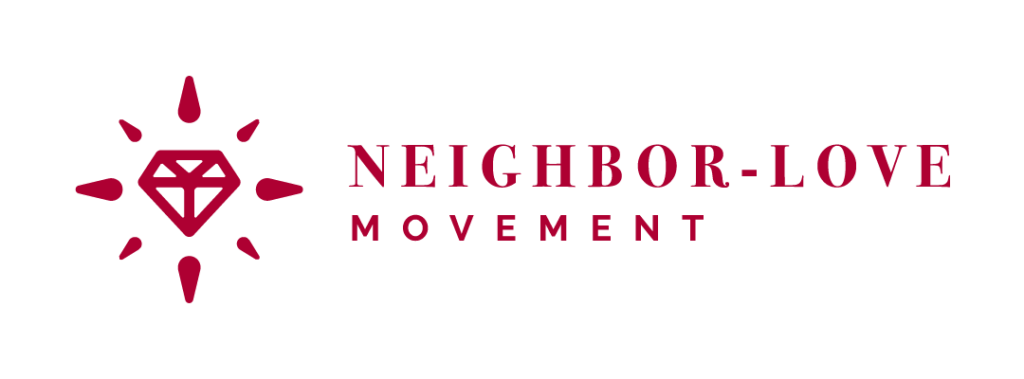Dear friends,
This is an especially joyful and heartbreaking week for Lily and me.
On Wednesday, we will celebrate our tenth wedding anniversary and God’s faithfulness to deepen our love across this last decade. Lily is God’s most precious gift in my life, and I cherish these ten years of marriage with her. Thank you for your friendship and support!
Meanwhile, last Monday night, the famous Oromo singer and activist Hachalu Hundessa was murdered in Addis Ababa. In the protests after his death, at least 166 Ethiopians have been killed, including Hachalu’s uncle, and prominent public figures have been jailed. There is a growing sense of fear, anger, and potential for further violence in the community. Rumors of civil war and ethnic cleansing have returned to Ethiopia.
For my response to the current crisis, please listen to my interview published today with Emnet Tegafaw on her podcast Under the Olive Tree. The English interview begins at minute 5:00.
I had the privilege of interviewing Hachalu on April 19, 2019 in Addis Ababa, and I believe his words carry enormous moral clarity and power for this heartbreaking moment in Ethiopia and around the world. When I asked him to summarize the message of his music, he told me, “Injustice cannot create justice. Two wrongs don’t make a right… We must be exemplars of kindness, forgiveness, and justice.”
In our conversation, I was touched by Hachalu’s incredible warmth and kindness toward me. He showed me pictures of his daughters, and we laughed hard — that deep, strange laughter woven with pain — when he told me their names: Wobe (Guarantee) and Milke (Chance). He said that he gave them these names because he lives in the tension of love’s guarantee and life’s riskiness.What follows are some excerpts from our interview. We had planned to do a follow-up interview in greater depth, but that is no longer possible. May God comfort Hachalu’s family, friends, and fans in their horrific pain. Please join me in praying for peace, justice, and dignity for all neighbors in Ethiopia during this extremely important and dangerous moment.
Andrew: Who is Hachalu?
Hachalu: I’m married with two daughters named Wobe (Guarantee) and Milke (Chance). I was born in 1976 Ethiopian calendar – I’m around 35. I had five brothers, but one recently died. I also have four sisters. I was arrested in 11th grade and spent five years in prison. When I got out, I started making music, because I wanted to tell my story.
Nine of the songs on my first album were written in prison. I did a performance in Sudan and quickly became a hero for my people. But the government tried to silence me. I was arrested and tortured in Maekelawi for a week. Because of government oppression, I had to make my second album in the United States. But I decided to return home to be with my people. I am willing to take risks and make sacrifices. I have faced assassination attempts.
Andrew: Is there a line in one of your songs written in prison that captures your message?
Hachalu: Injustice cannot create justice. Two wrongs don’t make a right. A lot of my message focuses on Arat Kilo. Haile Selassie, the Derg, and the Tigray People’s Liberation Front concentrated power there. The good things and injustice that Oromos have experienced originated from there. So I attack Arat Kilo in my music — not with physical violence — as the center of power.
My message is justice for all Ethiopians.
Andrew: What does justice mean?
Hachalu: Justice and equality mean when all have their natural right to be themselves. Chinese have a natural right to be themselves. So do Americans. So do Oromos. Each person should have opportunity to exercise their natural rights.
Andrew: I have heard children say racist things against Oromos and other ethnic groups in Ethiopia. How can we overcome this?
Hachalu: This is deeply rooted in our society. It will be a long process. There is no quick fix. But saying we love Ethiopia but hate Ethiopian people doesn’t make sense. I do not hate Amharas or Tigrays. But I oppose the leaders that have created oppressive systems and structures for Oromo people.
We want to present a positive image of what it means to be Oromo that refutes the negative image of us as violent or a source of fear. We must be exemplars of kindness, forgiveness, and justice.




